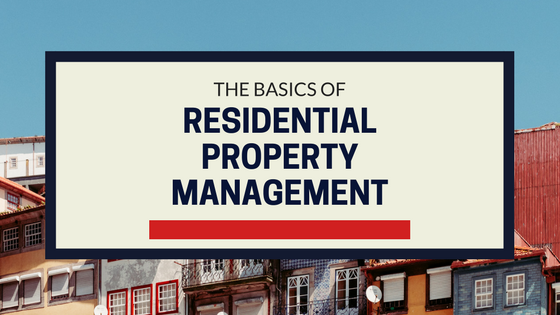Keys to Being a Residential Property Manager
4 Basics of a Being a Residential Property Manager
Residential property management is a competitive industry that requires being able to provide excellent service as well as promote your company. Although there may be competition in your area, you can differentiate yourself through the value you provide. These tips may seem basic, but they are the foundation of what a residential property manager needs to master in order to be as effective as possible.
1. Ability to deal with all types of tenants.
Being a landlord sometimes requires less-than-comfortable interactions with tenants. If you can’t bear the idea of confrontation, this may not be the role for you. At the same time, understanding and compassion is a key trait. If you lose your temper easily or tend to act out of emotion, this industry could be a poor choice. As a property manager, you will have to act in a professional, but firm, manner when working with tenants.
2. Experience in marketing and applicant screening.
One bad tenant can turn a profitable venture into a money pit. Owners benefit from an established procedure that a property manager uses. A property manager that uses appropriate market analysis, tenant screening, and statement accounting will ensure that the property is doing well. Property managers also often earn licenses in real estate. A properly licensed manager will understand laws and duties required in that state.
3. Guru of home maintenance and repair.
A tenant will enjoy their home most of the time. However, maintenance and repairs will occasionally be necessary. Maintainance can be a make-or-break issue for a tenant. Therefore, they will appreciate a property manager that provides quick and thorough service. Whether it’s unit preparation between tenants or a plumbing issue, they should diligently supervise all work done by preferred vendors.
4. Value for Service. No Markups.
The industry standard for tenant placement is 8-10% of collected rent and 50% of the first month’s rent. While this is an additional cost to the property owner, it ensures that their property will be well-managed. There should be no markup on maintenance or repair, and any funds resulting from late fees or penalties should belong to the property owner.
A residential property manager is a partner in a rental business. Managers that exhibit these traits will become an essential entity and achieve the best chance of success.





Comments